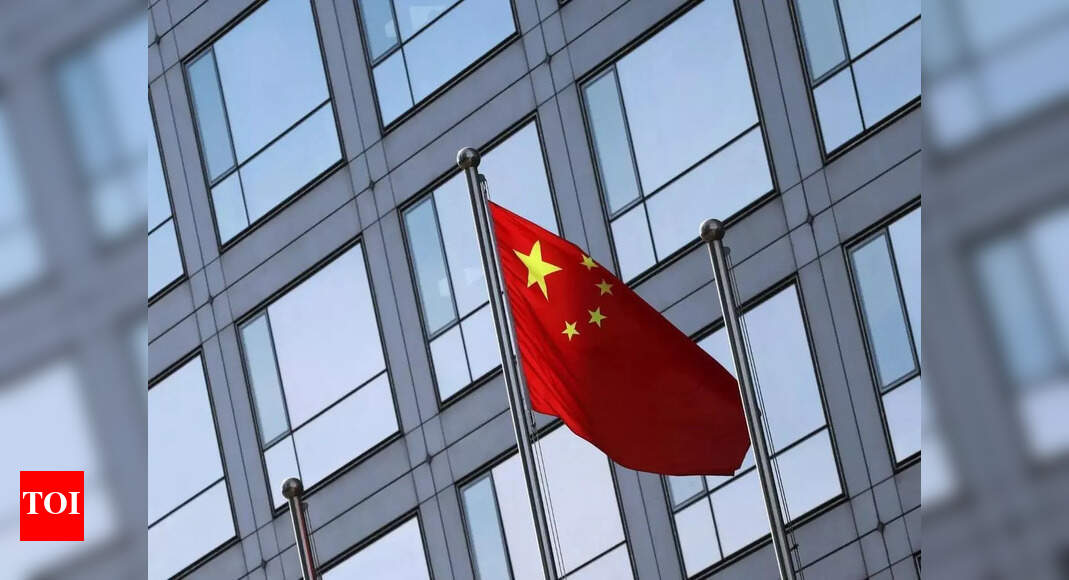
The Trump Administration has intensified its crackdown on Chinese technology companies, expanding export restrictions to include subsidiaries of companies already on the US Department of Commerce’s entity list. The move, aimed at closing a significant loophole in existing sanctions, has sparked sharp criticism from Beijing as tensions in the US-China technology race continue to mount. The new rule targets major Chinese tech players, including Huawei, memory chip giant YMTC, and drone manufacturer DJI, by extending restrictions to any subsidiary at least 50% owned by a listed company. The Commerce Department said the change, effective immediately, could impact tens of thousands of entities and is designed to prevent sanctioned firms from funneling restricted technologies through their subsidiaries.“This action closes a significant loophole that has enabled exports undermining American national security and foreign policy interests,” said Jeffrey I. Kessler, Under Secretary of Commerce for Industry and Security.The expanded controls cover critical technologies, including artificial intelligence, semiconductors, advanced robotics, and related manufacturing equipment, as well as entities on the “Military End-User list” to prevent dual-use items from supporting military applications. While the rule does not explicitly single out China, Chinese and Russian firms dominate the entity list, primarily for their roles in advancing military technologies.China’s Ministry of Commerce swiftly condemned the move as “extremely malicious,” with a spokesperson vowing to “take necessary measures” to protect Chinese companies. “Beijing urges Washington to immediately correct its wrongdoing and stop its unreasonable suppression of Chinese firms,” the spokesperson said.The escalation comes weeks before an anticipated meeting between President Donald Trump and Chinese leader Xi Jinping on the sidelines of the APEC summit in South Korea, injecting fresh uncertainty into the ongoing U.S.-China trade war. The U.S. has already restricted over 1,000 Chinese firms deemed risks to national security or foreign policy, requiring them to obtain licenses for exporting certain products or technologies.Concerns about subsidiaries evading restrictions have long troubled U.S. policymakers. A 2023 House Foreign Affairs Committee report labeled the entity list “ineffective,” citing cases like Huawei’s sale of its smartphone brand Honor to a consortium involving the Chinese government in 2020. Honor has not been blacklisted, raising fears of circumvention through corporate restructuring.The Commerce Department’s policy document accompanying the announcement highlighted risks of “diversionary schemes,” such as creating new foreign entities to bypass restrictions. While the rule took effect immediately, some companies were granted a 60-day exemption period.The move underscores Washington’s growing alarm over China’s rapid advancements in chip and AI technologies, which prompted Huawei’s blacklisting in 2019 and subsequent restrictions on hundreds of other firms. As the U.S.-China tech rivalry intensifies, analysts warn that the expanded controls could further strain bilateral relations and disrupt global supply chains.







